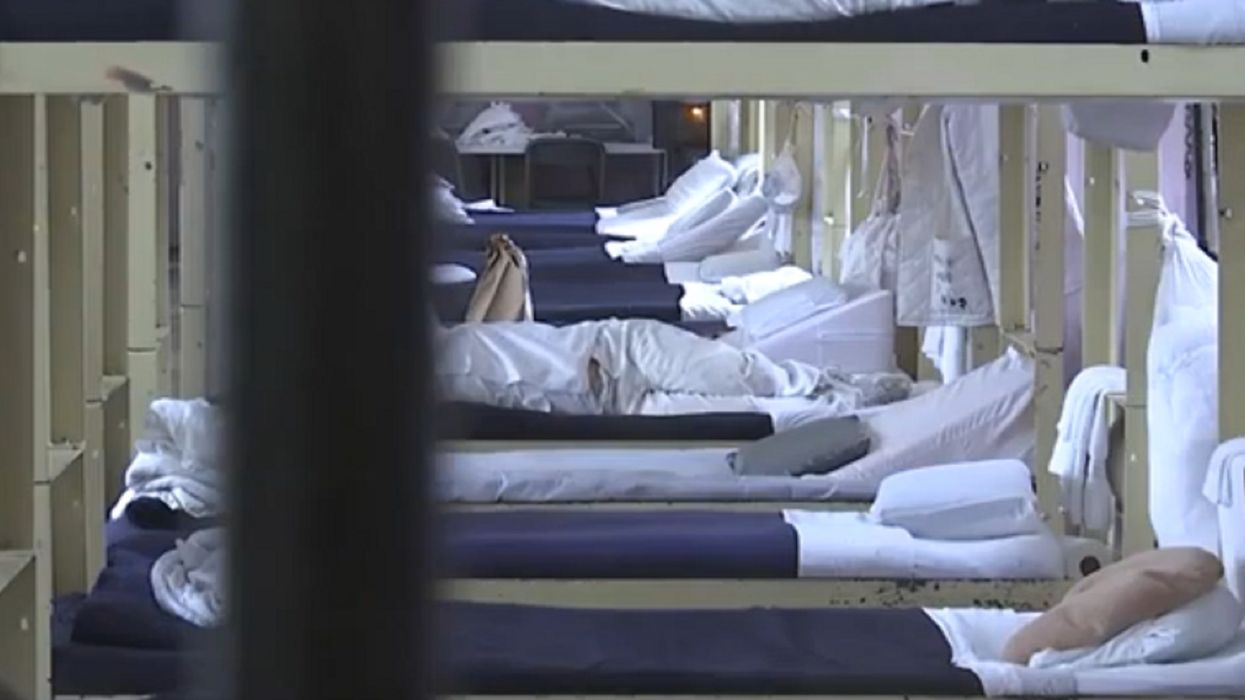
Image source: WIAT-TV video screenshot

It's now on the governor's desk
The Alabama Legislature passed a bill Tuesday that will make the chemical castration of some child sex offenders a mandatory condition of parole, and now it is up the governor sign it into law.
House Bill 379 requires that "as a condition of parole, a court shall order a person convicted of a sex offense involving a person under the age of 13 years to undergo chemical castration treatment, in addition to any other punishment prescribed for that offense or any other provision of law."
The bill was sponsored by state Rep. Steve Hurst (R), who told WIAT-TV that child sex offenders "have marked this child for life and the punishment should fit the crime."
Hurst had introduced the bill before, but now it is set to become law if Gov. Kay Ivey (R) signs it.
The lawmaker told WIAT, "I had people call me in the past when I introduced it and said don't you think this is inhumane? I asked them what's more inhumane than when you take a little infant child, and you sexually molest that infant child when the child cannot defend themselves or get away, and they have to go through all the things they have to go through."
"If you want to talk about inhumane — that's inhumane," he added.
Chemical castration involves taking drugs to reduce sexual urges, according to the Daily Mail.
If HB 379 becomes law, parolees would be administered an initial dose prior to release from prison and required to receive follow-up treatments from the health department thereafter. Sex offenders would also be required to pay for their mandatory treatments, but indigent convicts could have their fees waived.
USA Today reported that "anyone who stops receiving treatment without the court's approval would be taken back into custody."
If Gov. Ivey does sign the legislation, Alabama can expect it to be fought in court by lawyers representing offenders, according to attorney Raymond Johnson.
Johnson told WIAT, "They're going to challenge it under the 8th Amendment of the United States Constitution, because they're going to claim that it is cruel and unusual punishment for someone who has served their time and for the rest of their life have to be castrated."
Alabama Considers Chemical Castrationwww.youtube.com